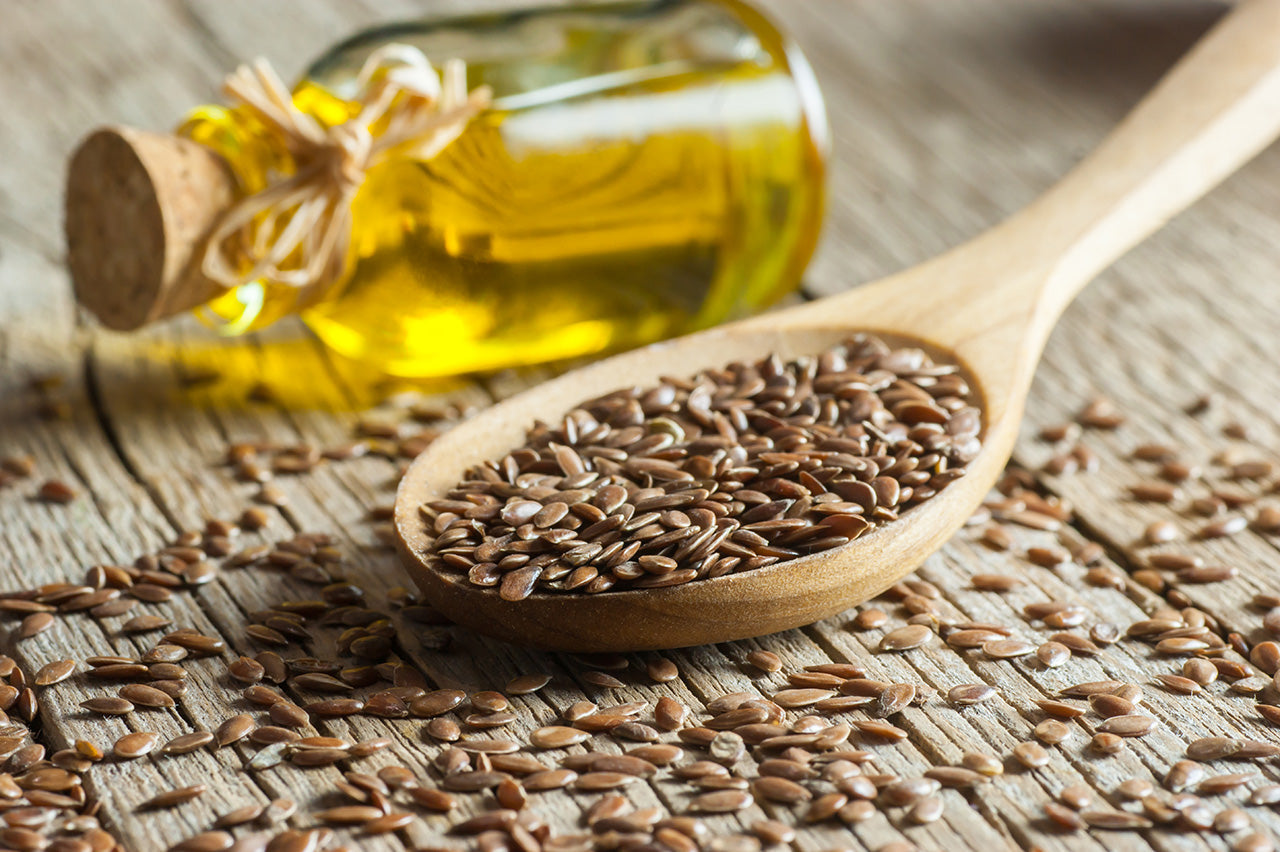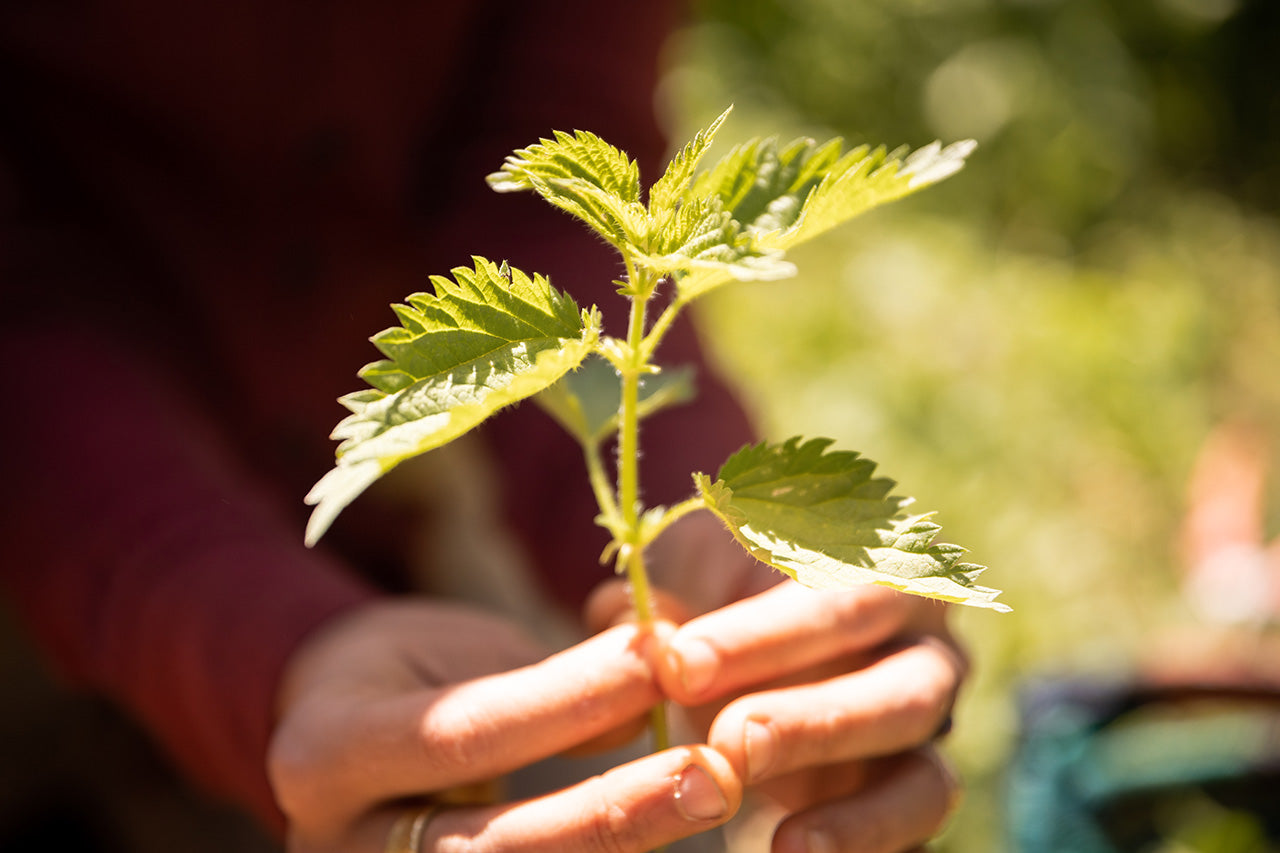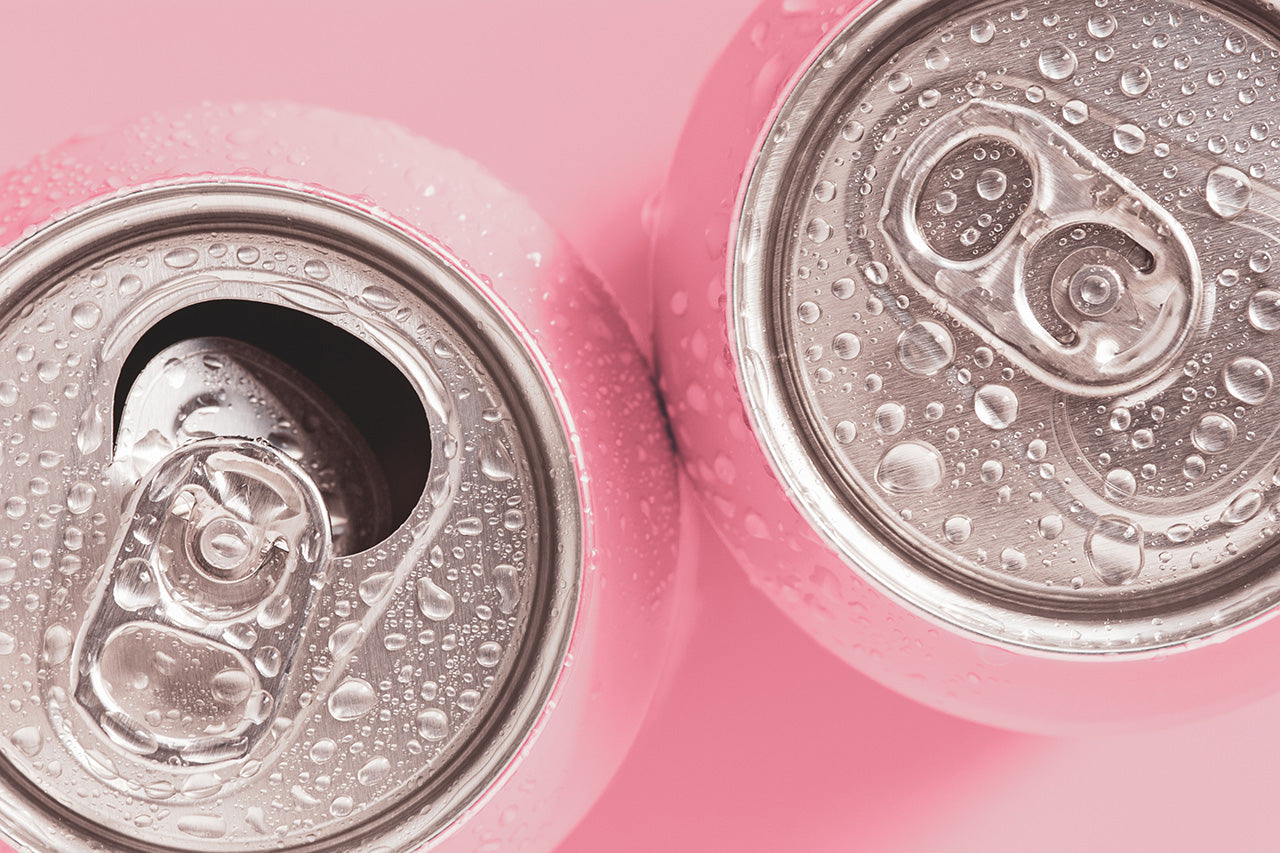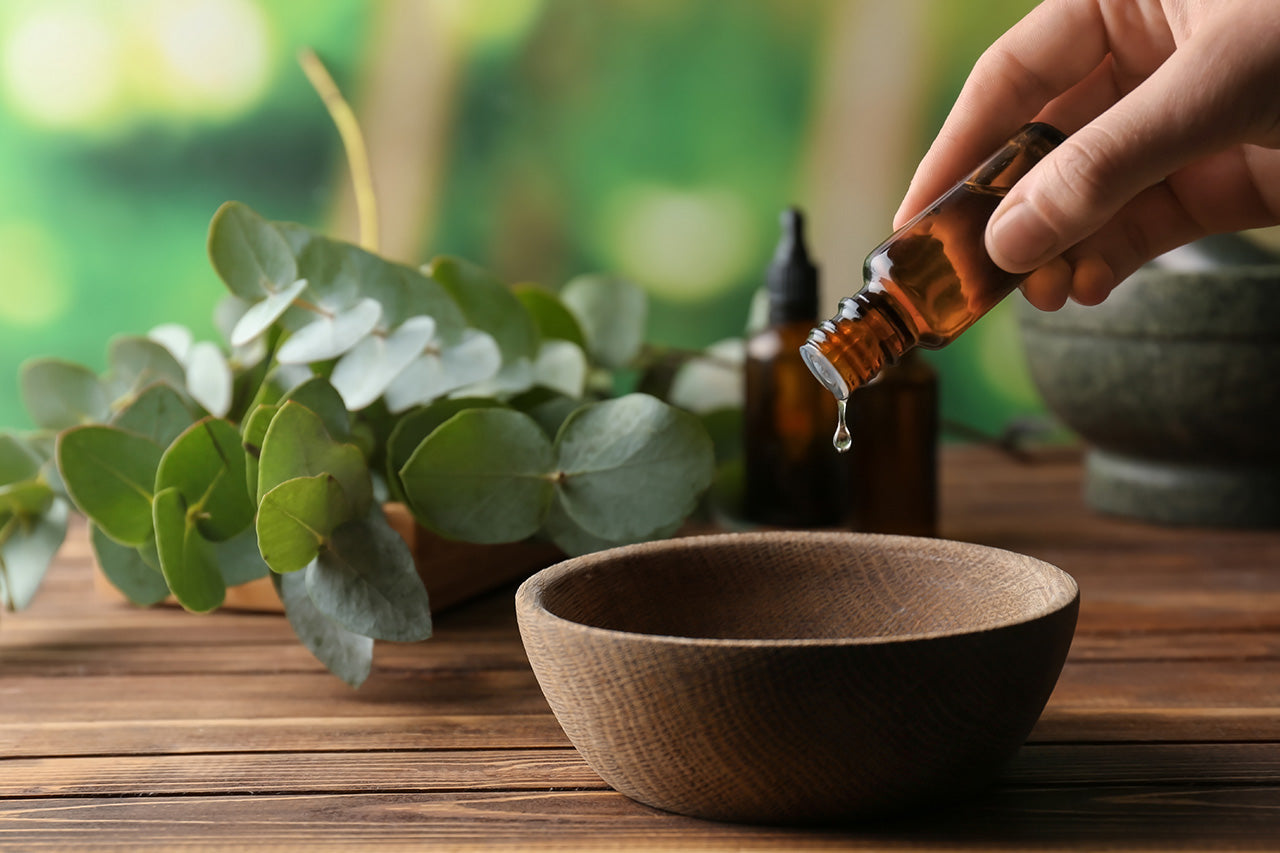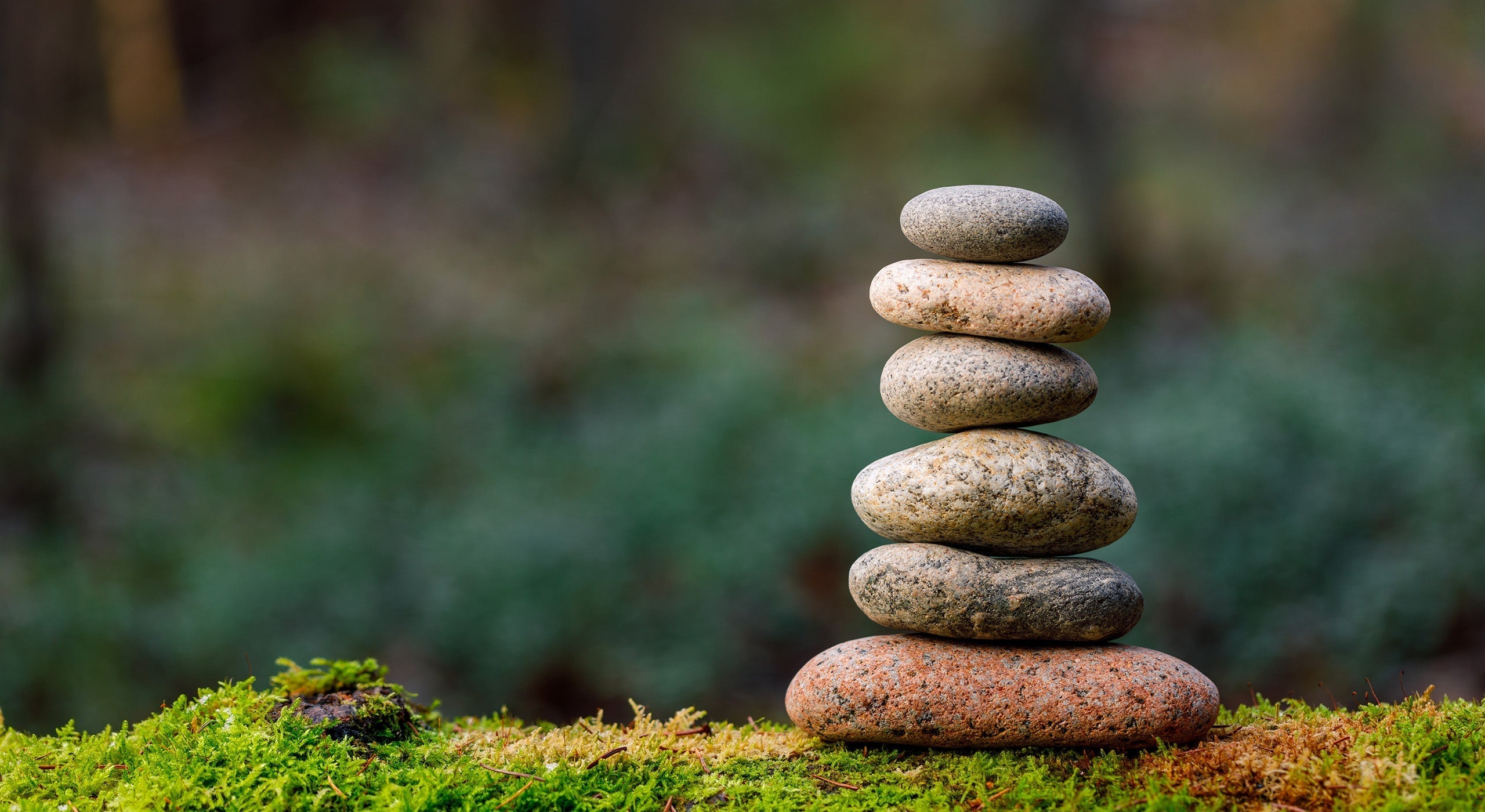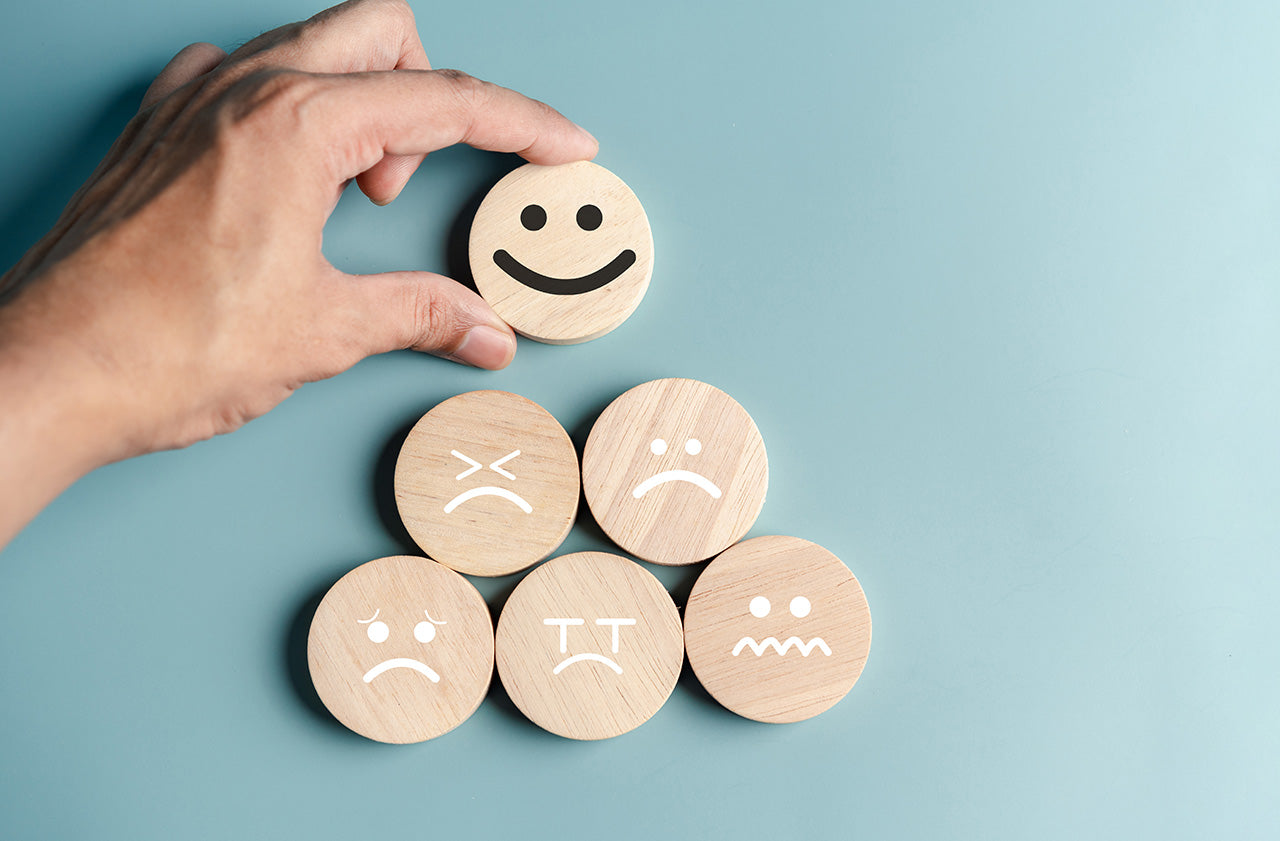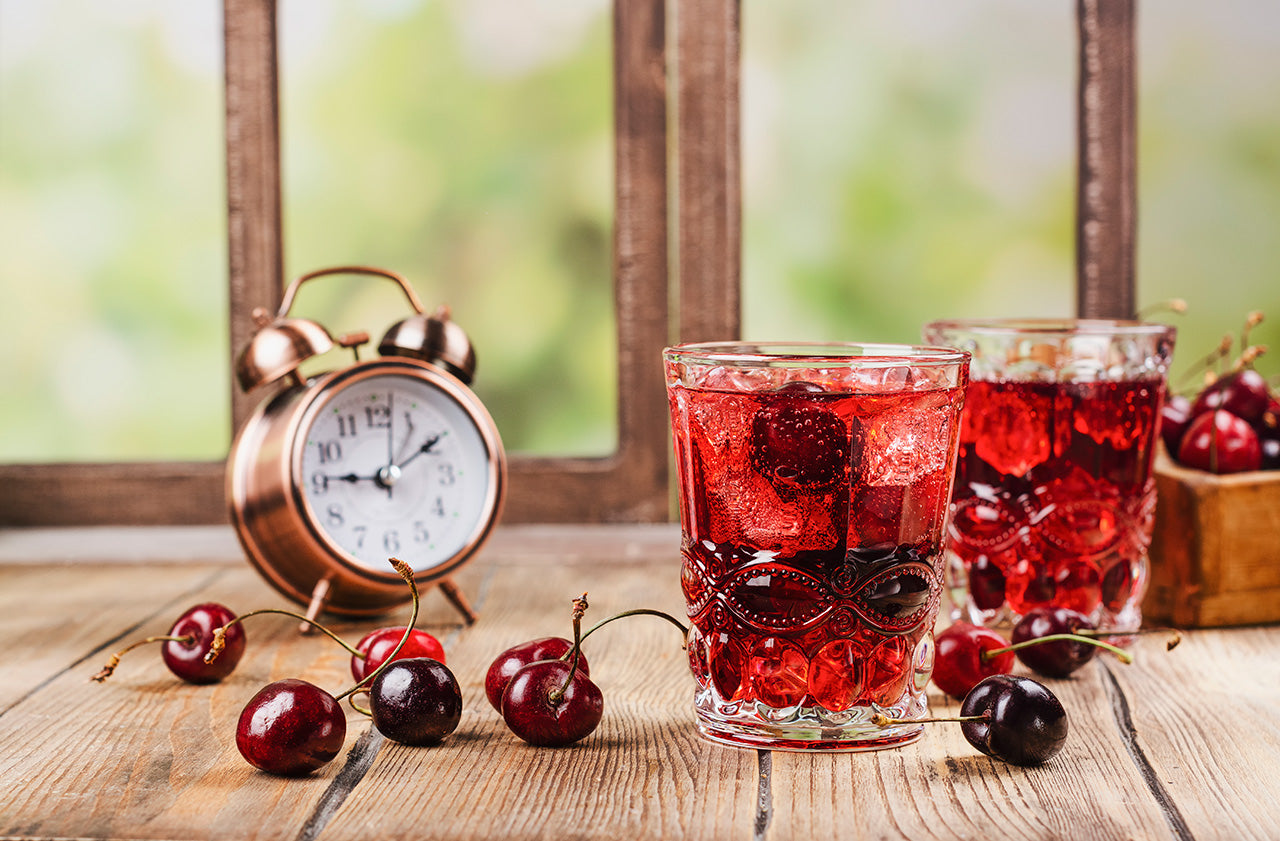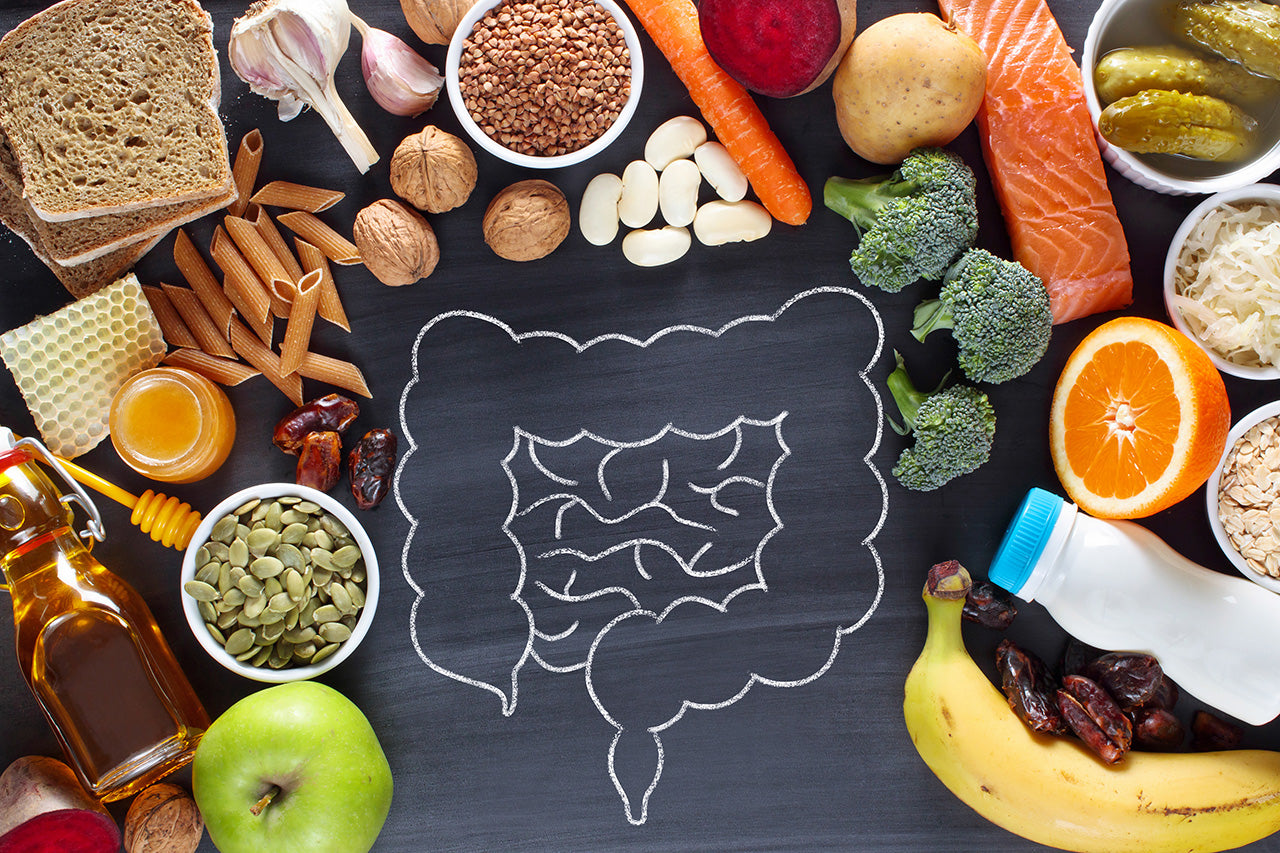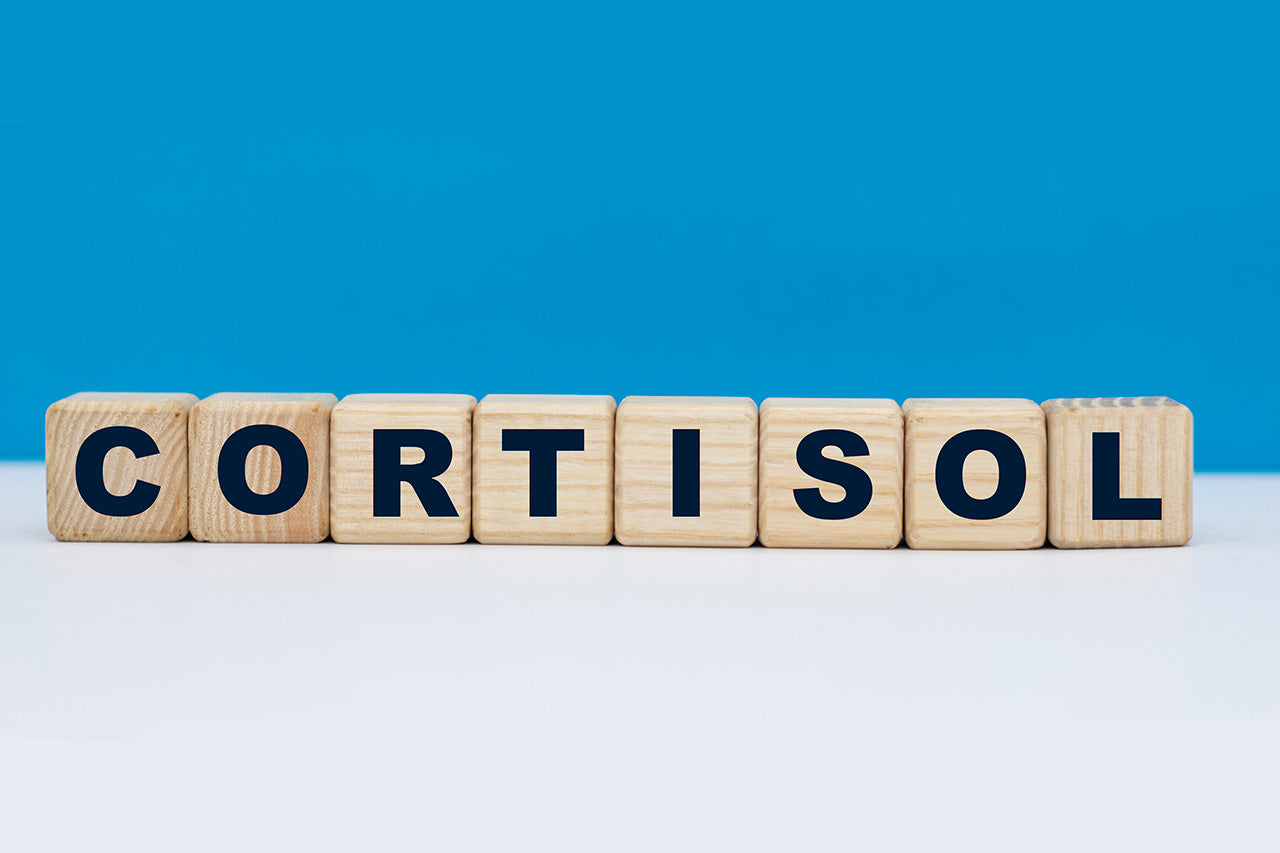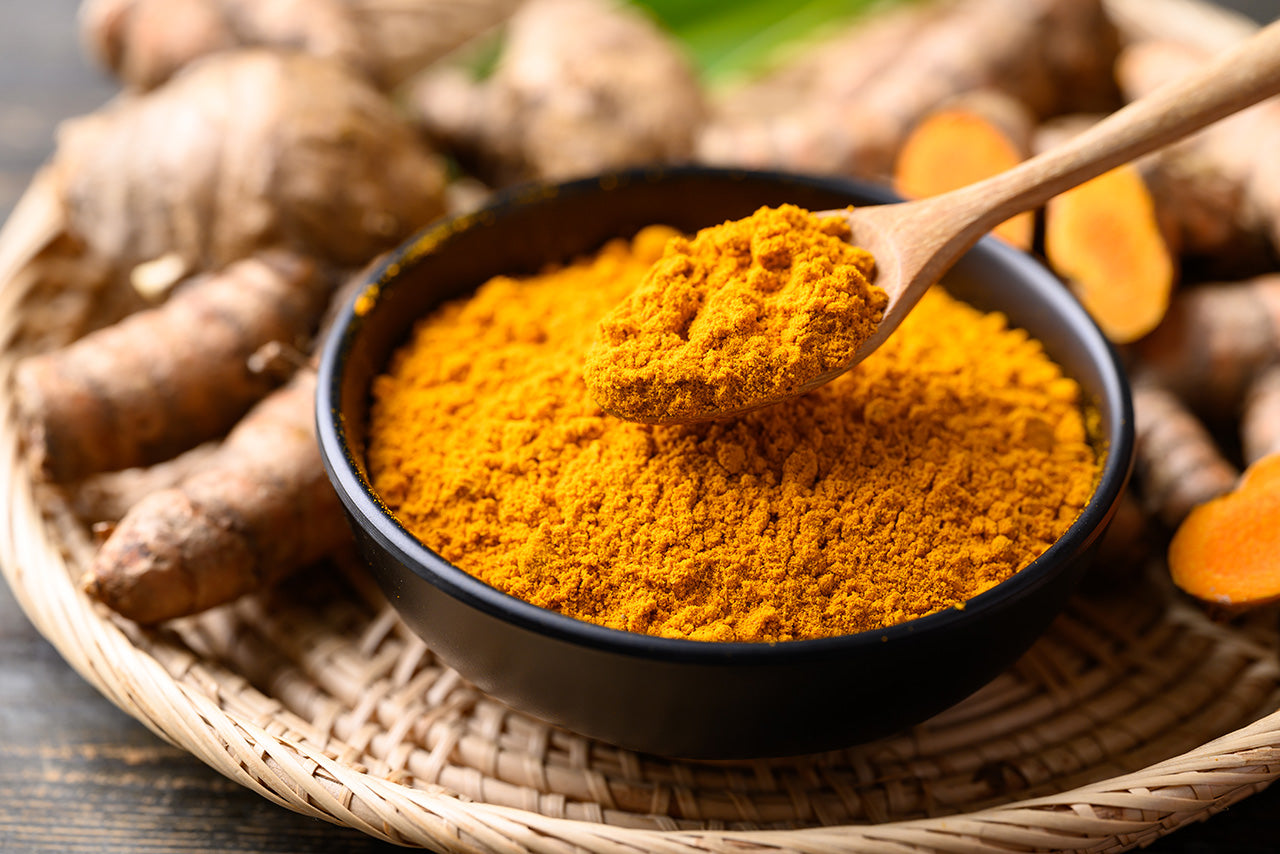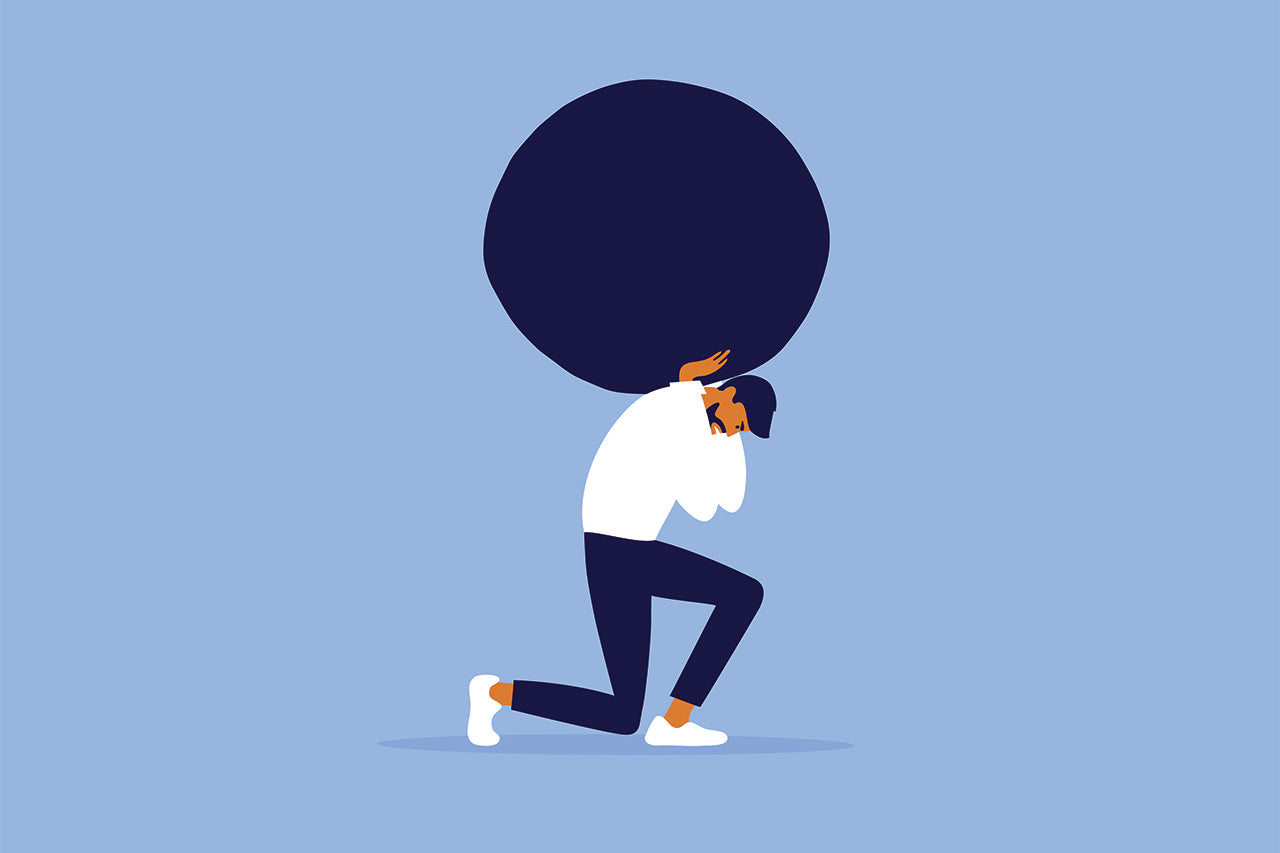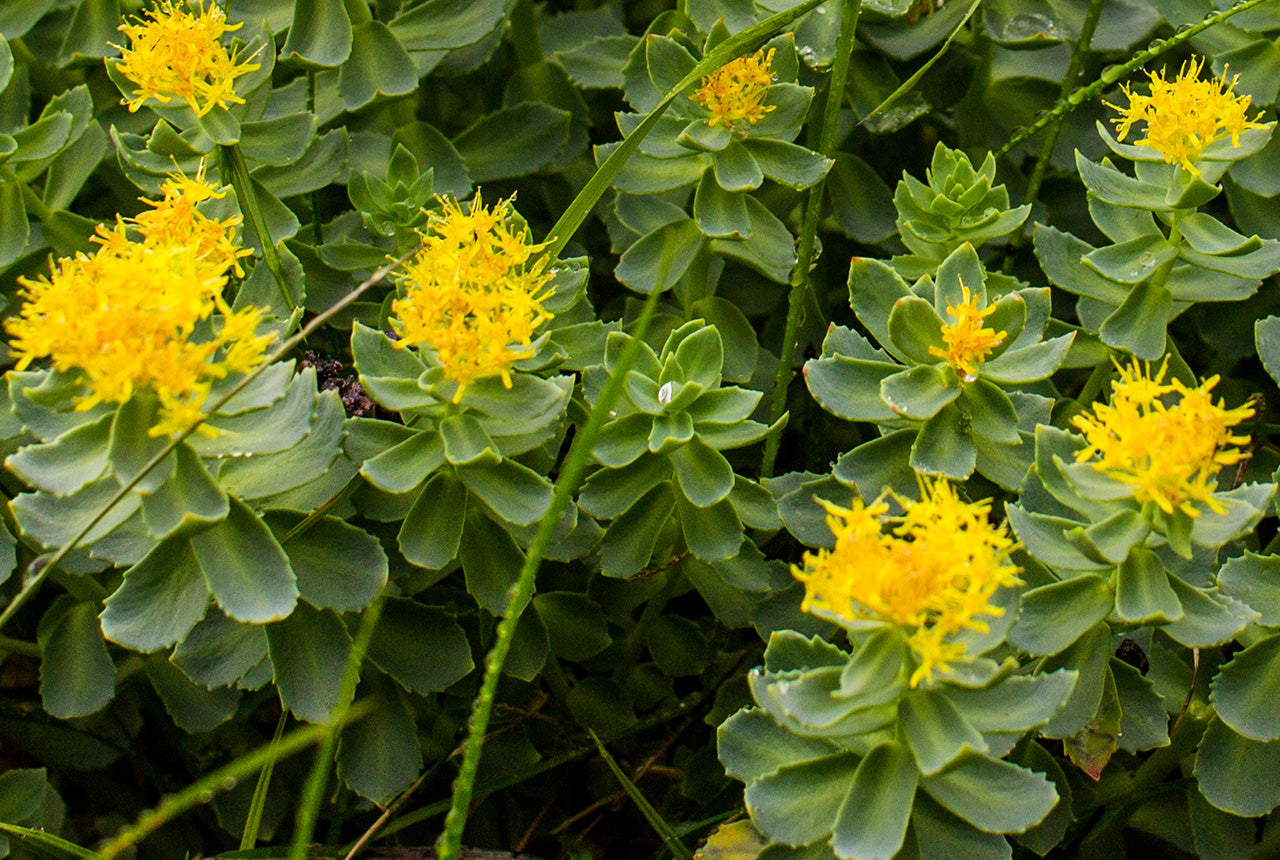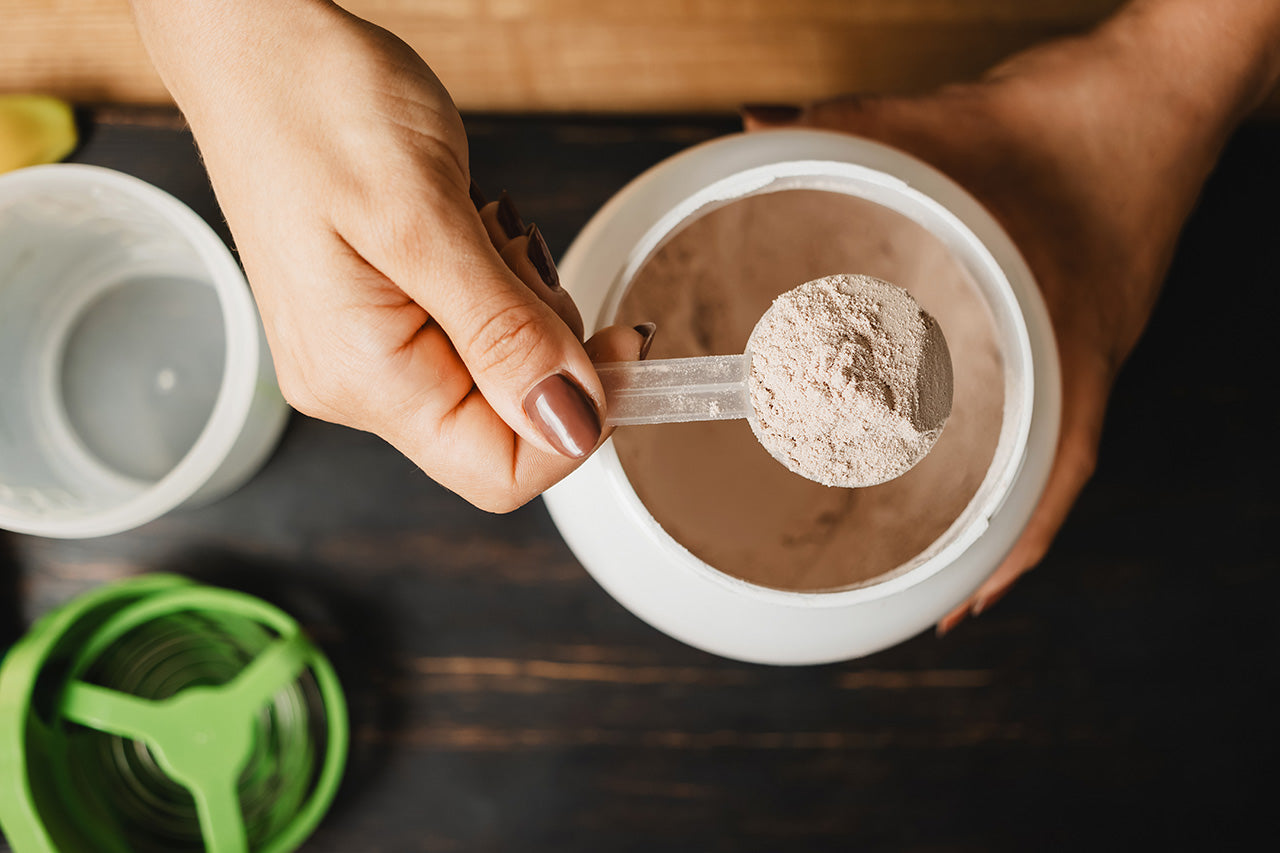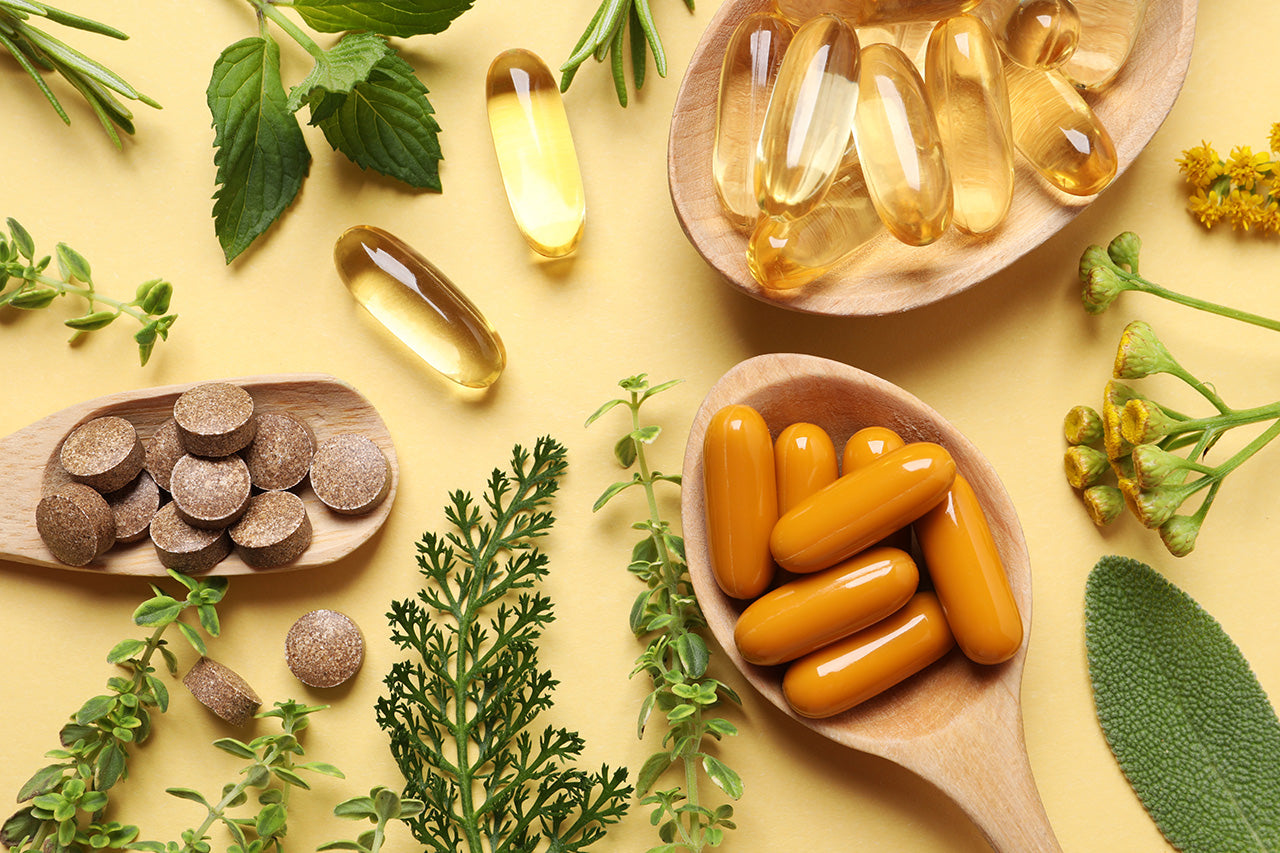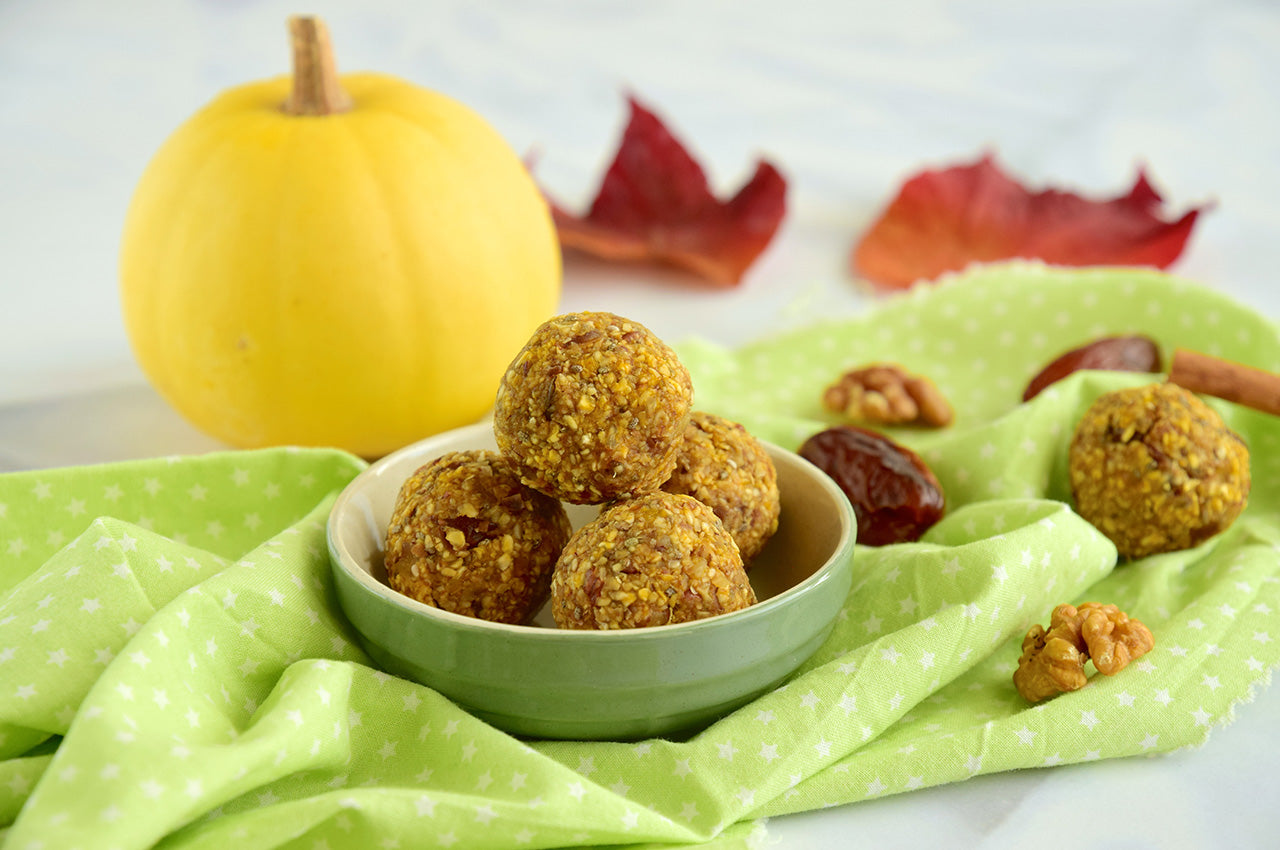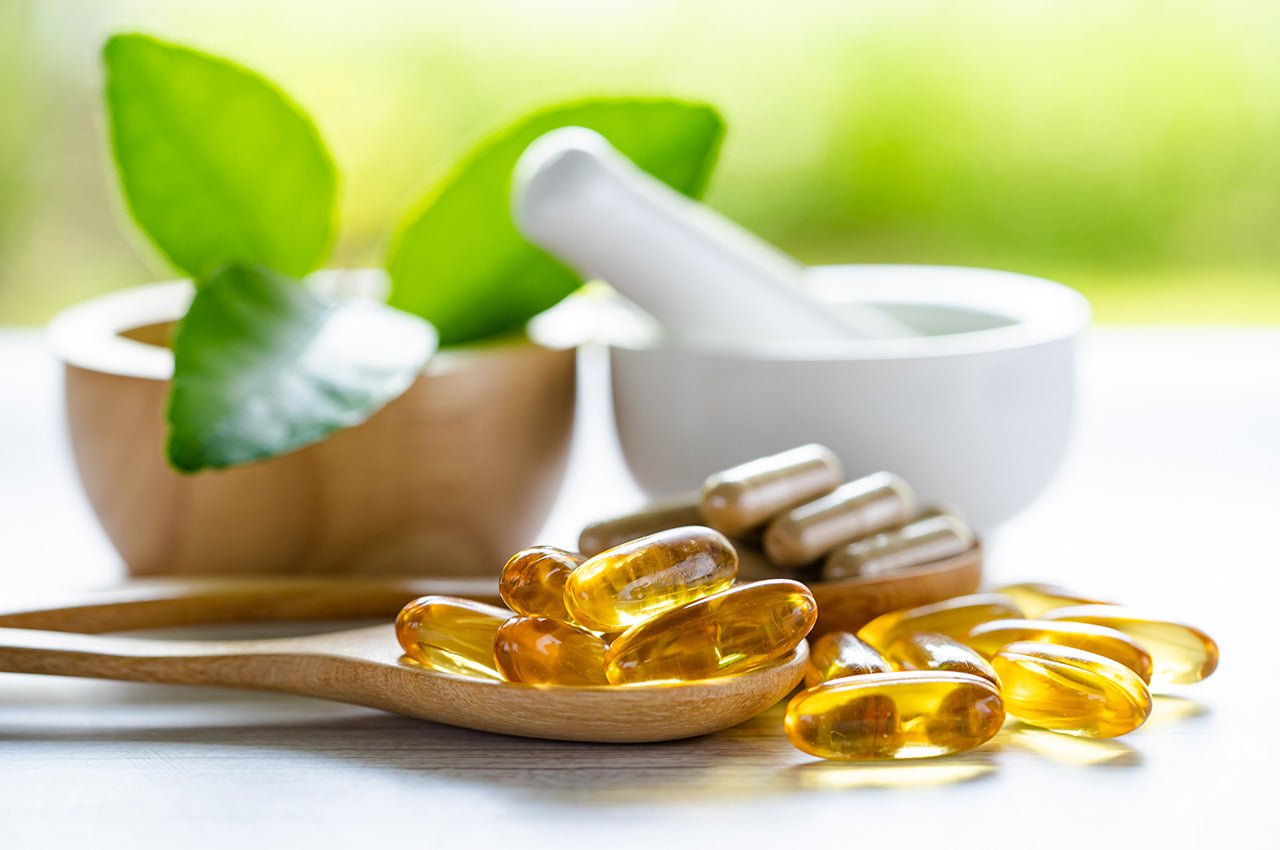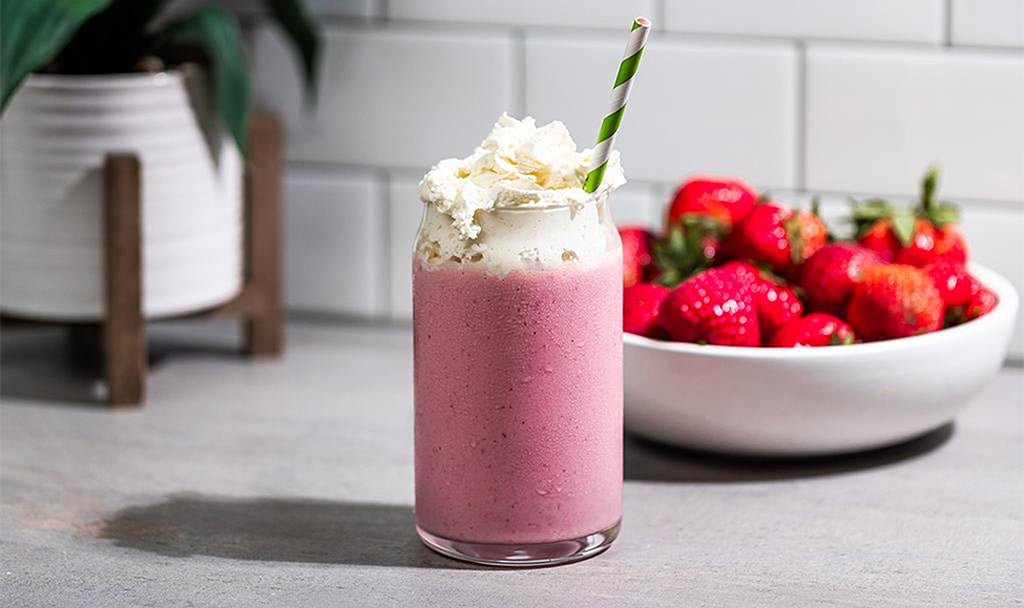
WELLNESS
Lifting the Mood, Naturally: Rhodiola for Emotional Well-being
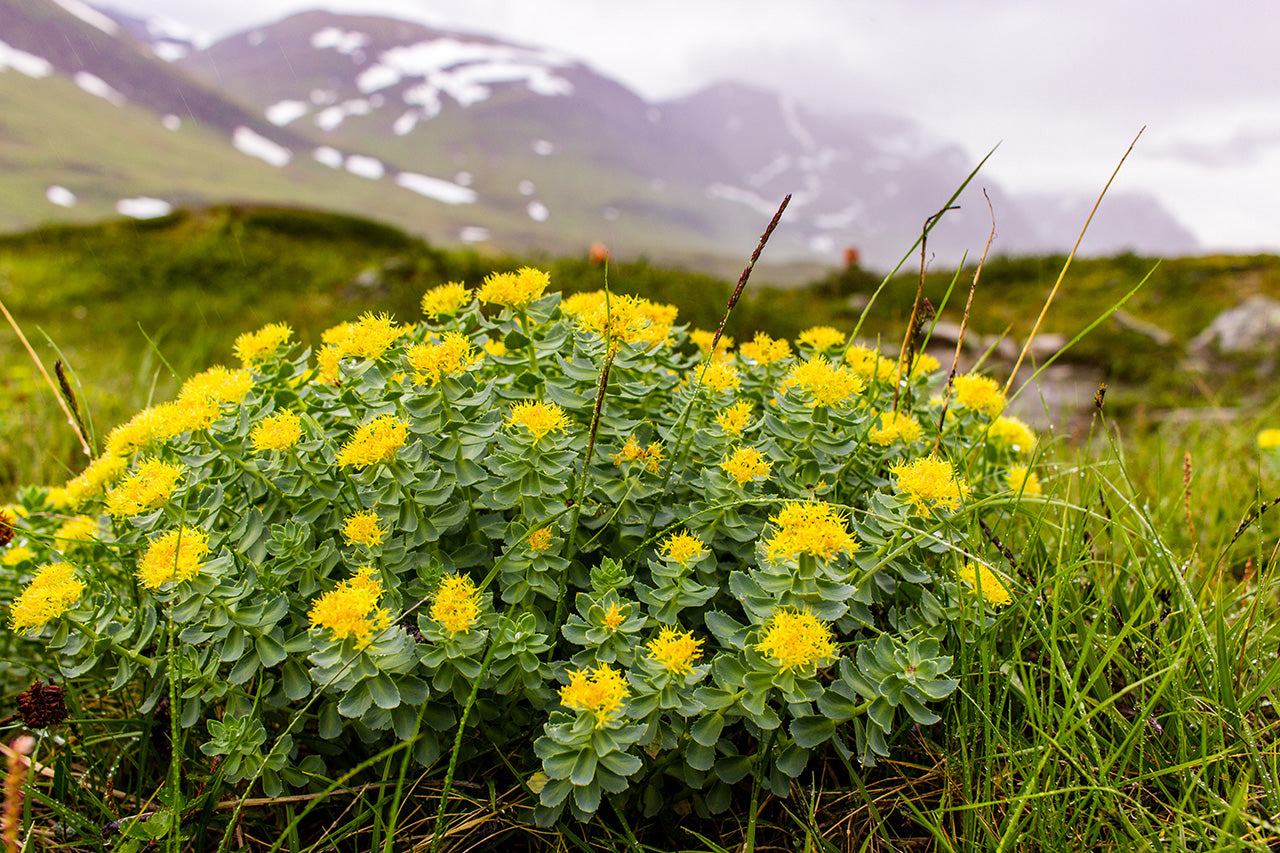
1. Importance of Mental Health
Mental health is one of those topics that is either misunderstood, overlooked, or so broadly defined that it’s not taken seriously. For example, the CDC defines mental health as our “emotional, psychological, and social well-being”—a definition so generalized it almost lacks meaning.
When it comes to aspects of our health that are less tangible than the physical body - concepts like the state of our minds, our feelings, and our connection to our souls and each other - we often don’t have the means to address them effectively. Additionally, we all view our mental state in different ways.
Some people don’t believe in a soul or spirit, others don’t understand the necessity of feeling difficult emotions, and still others haven’t been given the tools to self-reflect and introspect as a form of critical self-care. With so many differing opinions on mental health and what constitutes a healthy mental, emotional, and psychological state - it can get pretty confusing!
When confronted with these less tangible aspects of health in the modern medical world, it’s often helpful to look to traditional systems of healing such as Traditional Chinese Medicine, Ayurveda, or Vitalist herbalism for guidance. All three healing traditions incorporate a robust understanding of our spirit as inseparable from our minds or physical forms.
In Chinese Medicine, for example, the heart is believed to store the Shen, or their concept of spirit. Therefore, disturbances of Shen translate to cardiovascular and nervous system imbalances, such as high blood pressure, depression, ADHD, etc. In this example, you can see how spiritual well-being spills over to mental and physical health.
With this understanding, it becomes much clearer to see that nurturing mental health is equally important as eating a balanced diet and getting enough sleep.
2. Adaptogens & Emotional Wellbeing
Herbs have been used since the beginning of human history to address imbalances of the body by gentle and non-invasive means.
Rhodiola, Rhodiola rosea is one such herb. Native to the rocky cliffs of Siberia but now found growing in various cold and mountainous climates across the globe, rhodiola is an herb to consider for strengthening one’s mental health. Rhodiola is an adaptogen, and like other plants in this unique classification, can support one’s ability to handle stress at the multisystem level. Adaptogens have such a body-wide, positive effect by serving to strengthen and re-regulate our stress-response network: the nervous, immune, and endocrine systems.
3. Rhodiola
Of all the adaptogens, rhodiola is especially known for its ability to support a happy mood and optimistic disposition. Oftentimes, mental health falters as a result of the body experiencing excessive tension. As a result, our regulatory systems have a hard time stabilizing, causing negative feedback loops and further driving up the stress, tension and overwhelm.
The way rhodiola works to uplift the mood while also normalizing and strengthening overall body functions shows us the inseparable connection of emotional, psychological, and physical health.
Additionally, like other adaptogens, rhodiola features antioxidant compounds, improves cognition, physical performance, and endurance and increases blood flow to vital organs like the brain and heart.
4. Considerations for Rhodiola
Rhodiola isn’t always right for just anyone at any given time. Most herbalists will recommend taking Rhodiola balanced in a formulation due to its very cooling, drying, and stimulating nature. In our day and age, more stimulation and more energy is what everyone wants (this could be why coffee is the number one beverage in the US). However, at times we need to rest, let the body recover and grow strong before there is an exertion of energy again. For those feeling close to burn out or completely drained, Rhodiola might be too stimulating. A nourishing adaptogen like Reishi, Ganoderma lucidum, would be more fitting until a baseline foundation is established.
If you’re a relatively strong individual, even an athlete, taking Rhodiola could be a great addition to your daily regimine. Remember to take it in the morning or early afternoon so you don’t stay up at night. If you have been diagnosed in the past with bipolar, mania, or paranoid anxiety, it’s best to speak with your holistic healthcare practitioner before beginning to take this herb.
If taking Rhodiola on it’s in a capsule, consider washing it down with moistening aloe vera juice or a cold infusion of Traditional Medicinals Throat Coat tea.
When it comes to rhodiola, sourcing is especially important: genetic testing has shown that Siberian and Russian-grown Rhodiola is more potent than Rhodiola grown in China*. Keep in mind that Rhodiola is a slow-growing plant and due to its re-found fame, is becoming endangered in the wild. Only purchase high-quality cultivated Rhodiola.
Rhodiola is an herb to consider if you struggle with maintaining a healthy mental and emotional state when under stress, but always be sure to consult with your holistic healthcare practitioner before starting anything new.
Resources:
*Adaptogens in Medical Herbalism book by Donald Yance
*These statements have not been evaluated by the FDA. This product is not intended to diagnose, treat, cure or prevent any disease.















